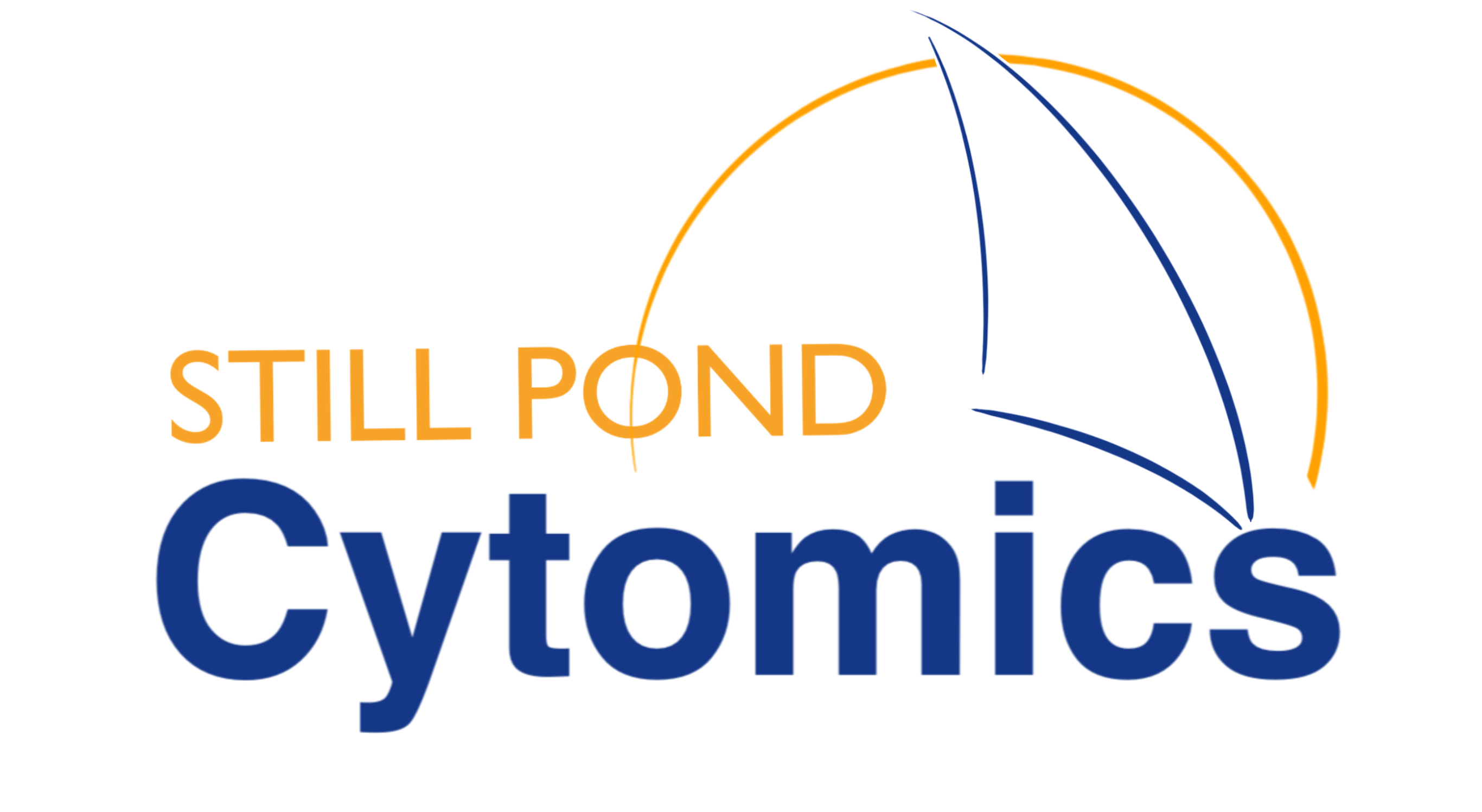This is a typical syllabus for the workshop. Each iteration varies, depending on input from the participants. Consider this a rough indication of what to expect.
| Session | Topic | Concepts |
| 1 | Introduction to R, Bioconductor and RStudio. Flow Cytometry in R. Github basics. | RStudio elements. Environment, history, help. Installing packages from CRAN, Bioconductor, Github. |
| 2 | Coding Basics. RStudio Projects. | Basic coding. Separation of scripts, functions. Getting all kinds of help. Think, write, run, evaluate, rinse and repeat. Coding style and best practices. More Github. |
| 3 | Starting a new flow cytometry project. | Downloading and preparing flow cytometry data using a large FlowRepository dataset. Initial survey of the data. QC. Pre-gating with performance diagnostics. Writing out gated FCS files for downstream analysis. |
| 4 | Clustering for flow cytometry. | Basics of clustering (partitioning, hierarchical, fuzzy, density-based, model-based). Dissimilarity measures (geometric, correlation). Intro to flow-specific clustering packages (e.g. FlowSOM, fluster, panoplyCF). Comparison/evaluation of clustering results. |
| 5 | Open lab – bring your data and code you’ve written for critique and suggestions | The thinking step. Conceptualizing your approach. |
| 6 | Continued project work | Refining your coding approach. Evaluating your results. |
